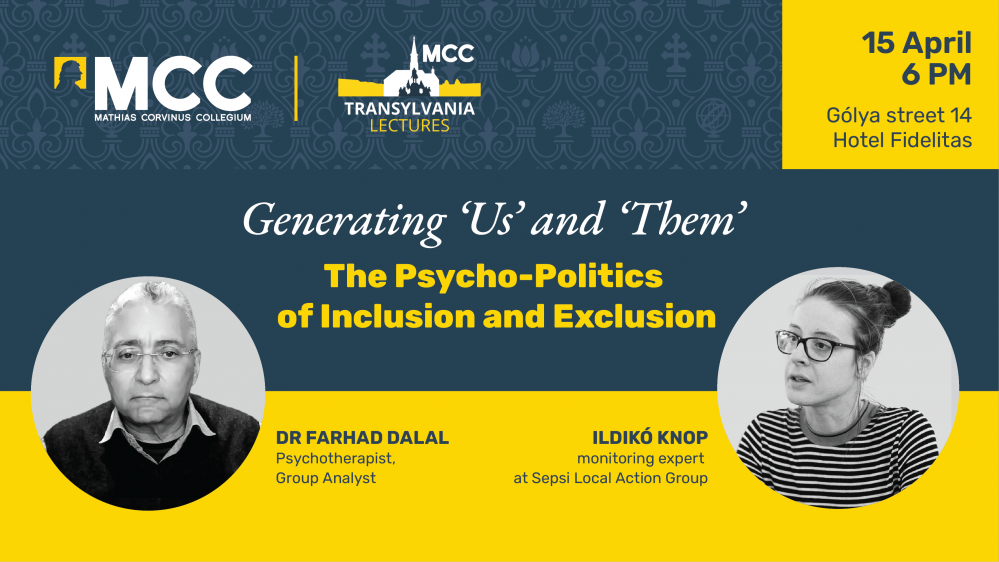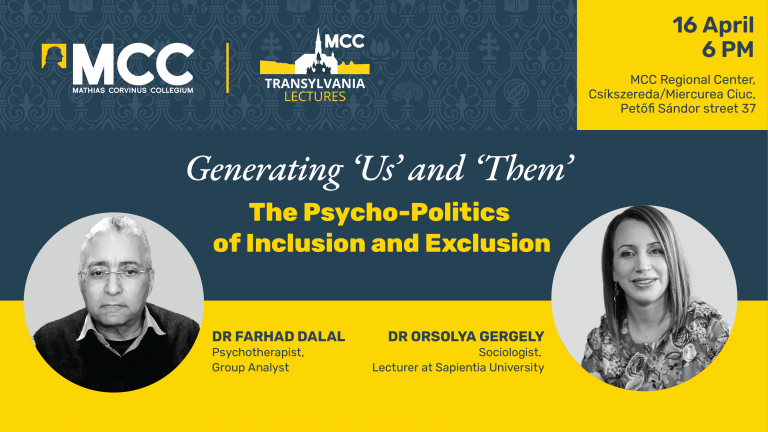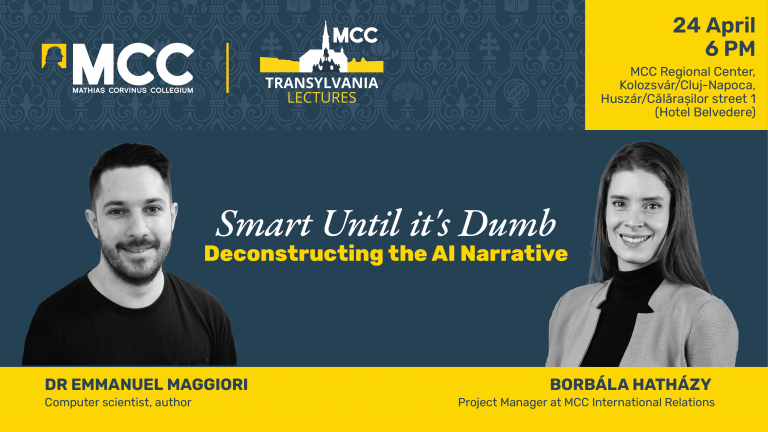Is it ‘natural’ to be suspicious of strangers and their strange ways? Is it natural for groups of people to feel hostile and antagonistic towards other groups of people? Is ‘difference’ and ‘ignorance’ the source of the problem?
At the next event of the Transylvania Lectures series Dr Farhad Dalal will take up these and other similar questions to argue that human groupings are not found but made. He will argue that power-relations are critical to these processes, because they inform the ways that emotional and cognitive mechanisms are mobilised, to both produce and sustain, ‘us’ and ‘them’ groupings. He will engage critically with Multiculturalist, Anti-Racist and Diversity discourses and their ways of thinking about these issues.
Dr Farhad Dalal is a British psychotherapist and group analyst, working with individuals, groups, and organizations. He has been in independent practice for more than thirty years, initially in London and now in Devon. Dr. Dalal writes, teaches, and lectures in Britain and internationally. With colleagues, he recently started delivering a group psychotherapy training in India. He has published four books to date: Taking the Group Seriously; Race, Colour and the Processes of Racialization; Thought Paralysis: The Virtues of Discrimination; and CBT – The Cognitive Behavioural Tsunami: Managerialism, Politics and the Corruptions of Science.
His partner in this discussion will be Ildikó Knop, monitoring expert at Sepsi Local Action Group. She has been working with the association since 2018, which intervenes in the deteriorating urban areas of Sepsiszentgyörgy with community-led local development. She has worked as a facilitator in several projects and has extensive experience as an institutional facilitator in the field of social inclusion and community empowerment of disadvantaged groups at risk of poverty and Roma. Her professional life has been focused on issues such as participatory processes, inclusive city, housing and school desegregation, broad community development and cultural audience development, and introducing young people to community-centred thinking.
For more information follow our events on Facebook.


